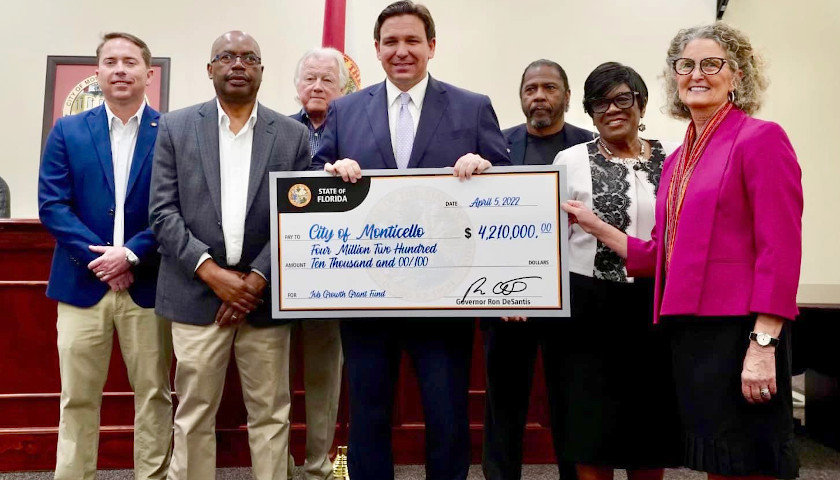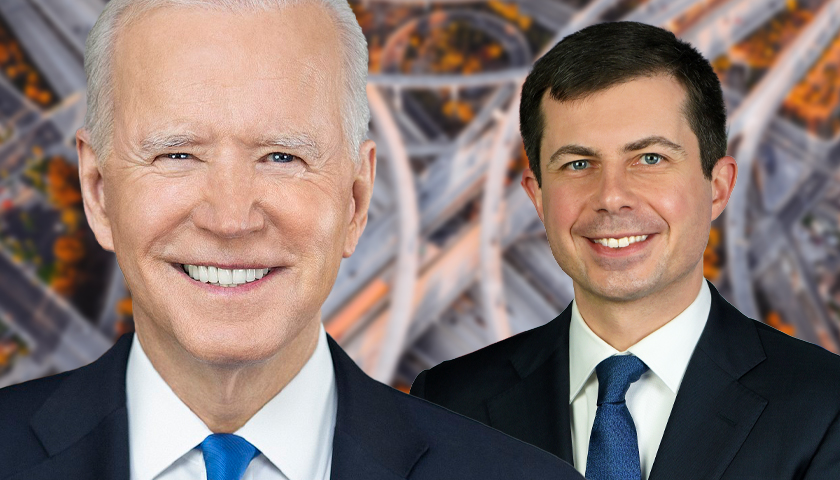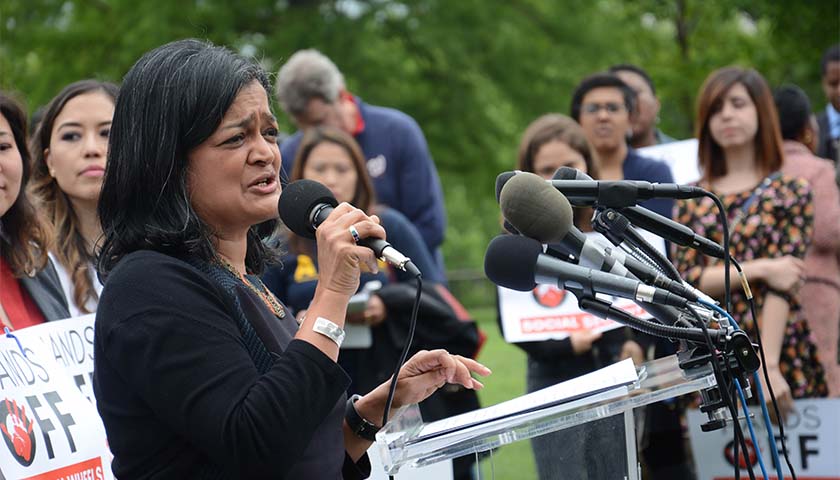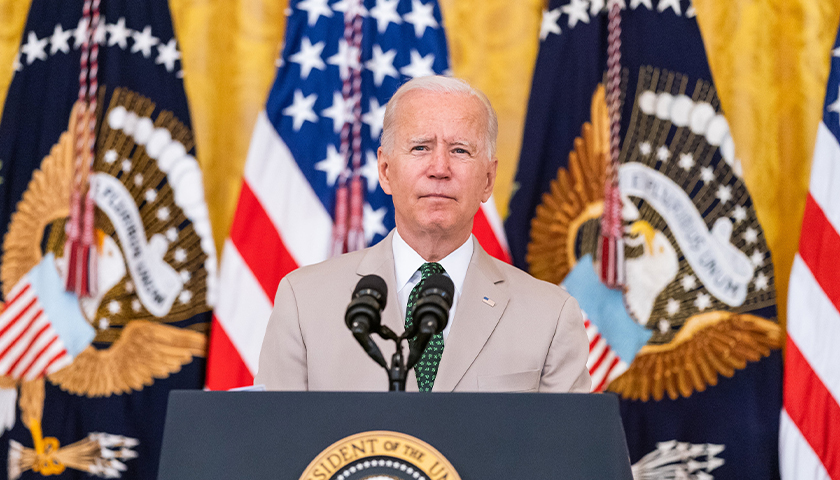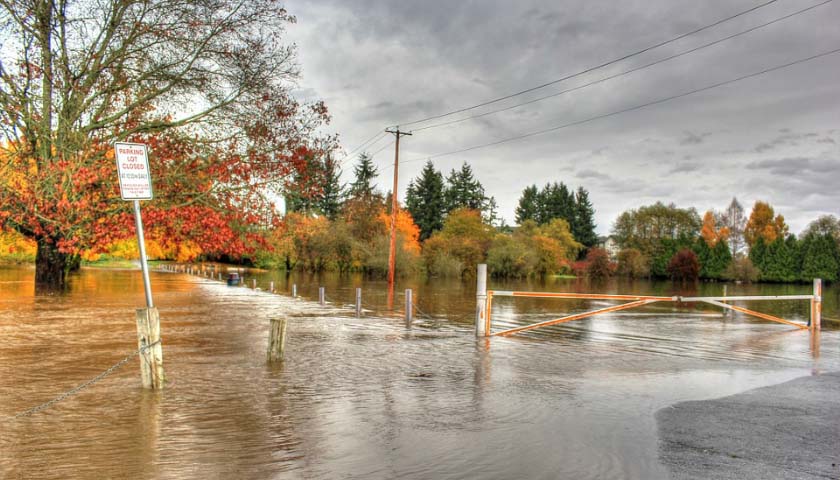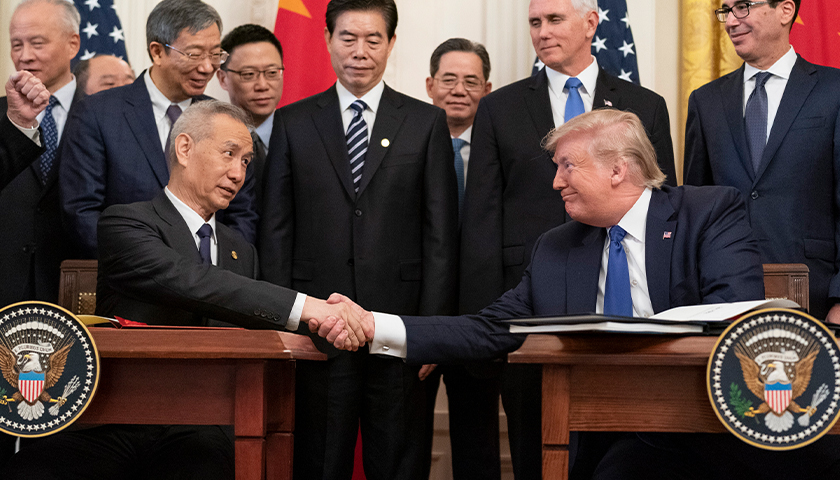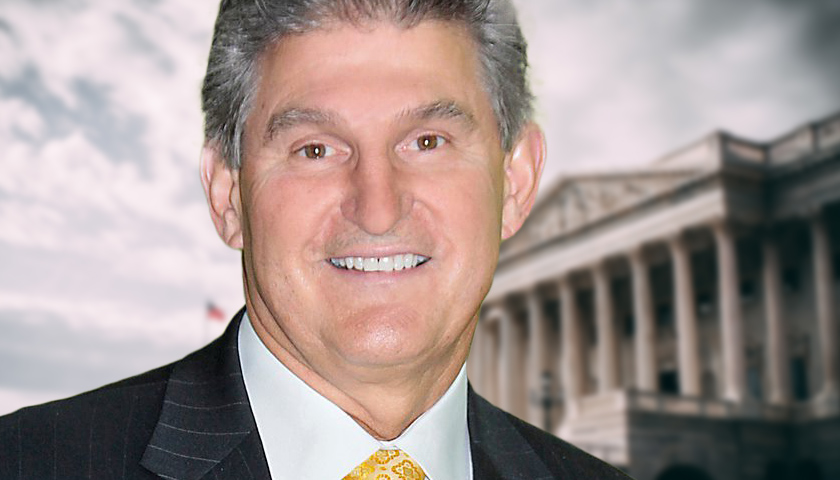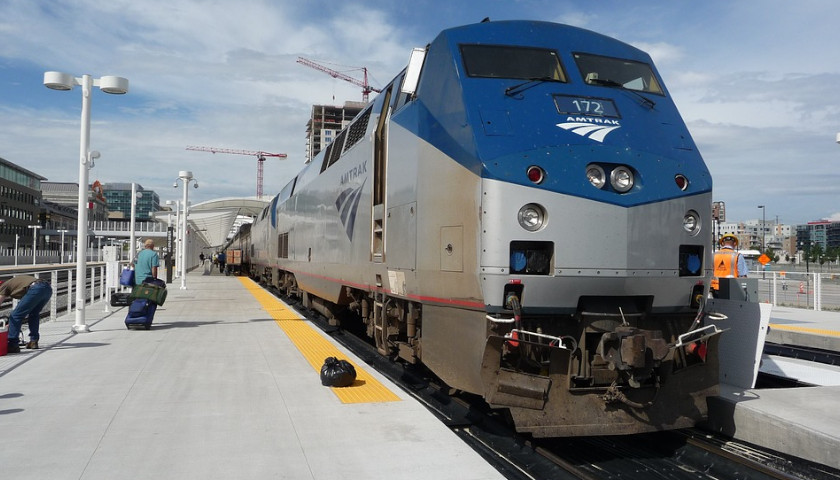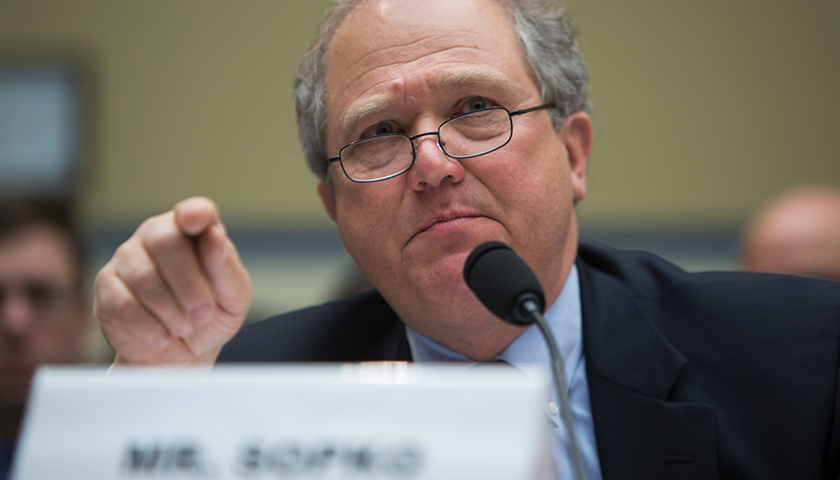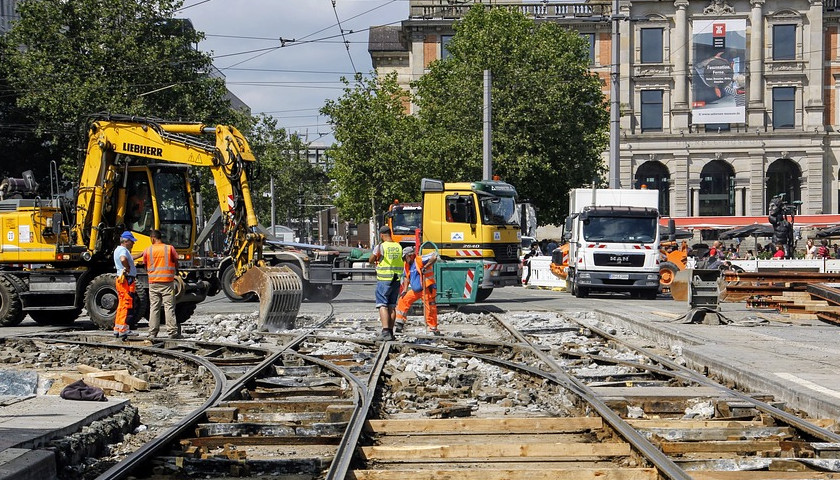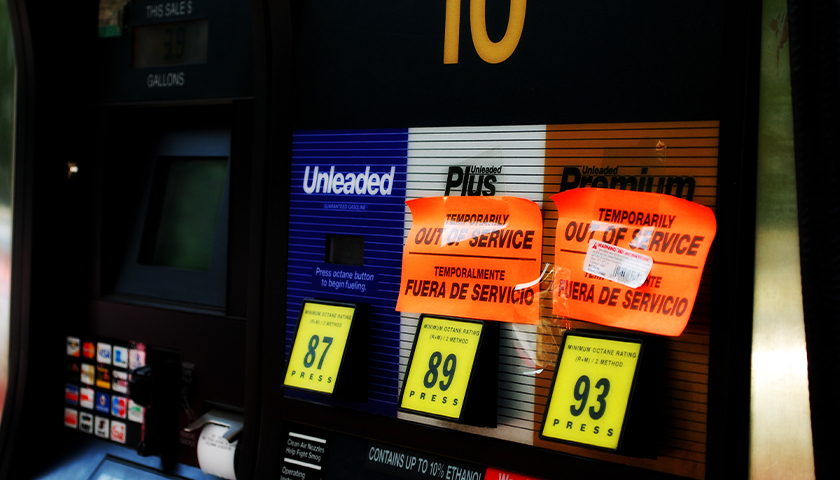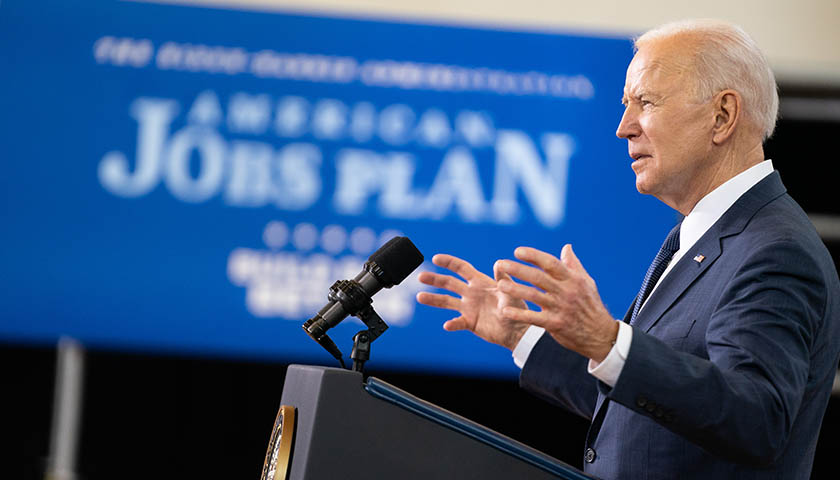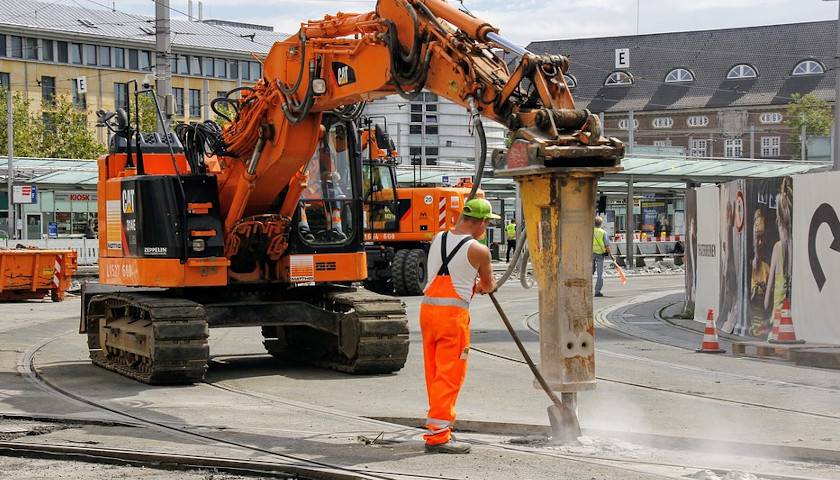“Europe will be your revenge,” are the purported words of West German Chancellor Conrad Adenauer to French Prime Minister Guy Mollet in 1956. The quip was related to America’s siding with Egypt and the USSR during the Suez Canal Crisis against Great Britain, France and Israel. Regardless of Adenauer’s precise intention, the quote underscores the fact that the North Atlantic Alliance (NATO) has always suffered fissures, even if it held together long enough to win the Cold War and longer still, for NATO and the EU to expand into Central and Eastern Europe.
Whether the Suez Crisis in the 50s, Charles de Gaulle’s unilateral withdrawal of France from NATO’s high command structure in the 60s, Willy Brandt’s overtures to the East via Ostpolitik in the 70s, or Reagan’s placement of strategic intermediate range nuclear warheads in West Germany in the 80s against the wishes of the German left, European-American rivalries and conflicts of interest have always been part and parcel of the Atlantic Alliance. And yet the alliance remains important, because North America and Europe share indissoluble bonds that cut across religious, political and cultural history. Modern democracy — despite its relativization and ‘deconstruction’ by progressive historians — was incubated in the West. For this reason alone the alliance is of value: because Western nations share a common heritage. Commonality breeds loyalty and fosters cohesion, both of which are necessary for the preservation of norms and traditions. Europe and North America have a lot in common with one another, and therefore they share a collective interest in preserving what makes them unique within the vast panoply of human political arrangements.
During Trump’s presidency, left wing media wisdom dictated that Trump had sullied America’s relationship with the EU and NATO by calling the former out as a trade rival and the latter —Germany in particular — as a freeloader on American security guarantees. But as European political columnist Jorge Gallarza pointed out in Newsweek, the prospect of a Biden Presidency — and with it, Biden’s wisdom and appreciation of the true importance of the American relationship with Europe — does not appear to have tipped the geopolitical scales towards Anglo-European rapport. In January, the EU signed a trade deal with China that could have just as easily been postponed until Biden took office to allow for the president’s feedback. Likewise, well after Biden won the election, President Macron of France pontificated — in typical multilateral idealism fashion — about Europe’s future role in world affairs as one of “strategic autonomy.” The writing was on the wall: in a world in which China is on the rise and America appears to be sputtering, Europe will be largely neutral.
Read More





